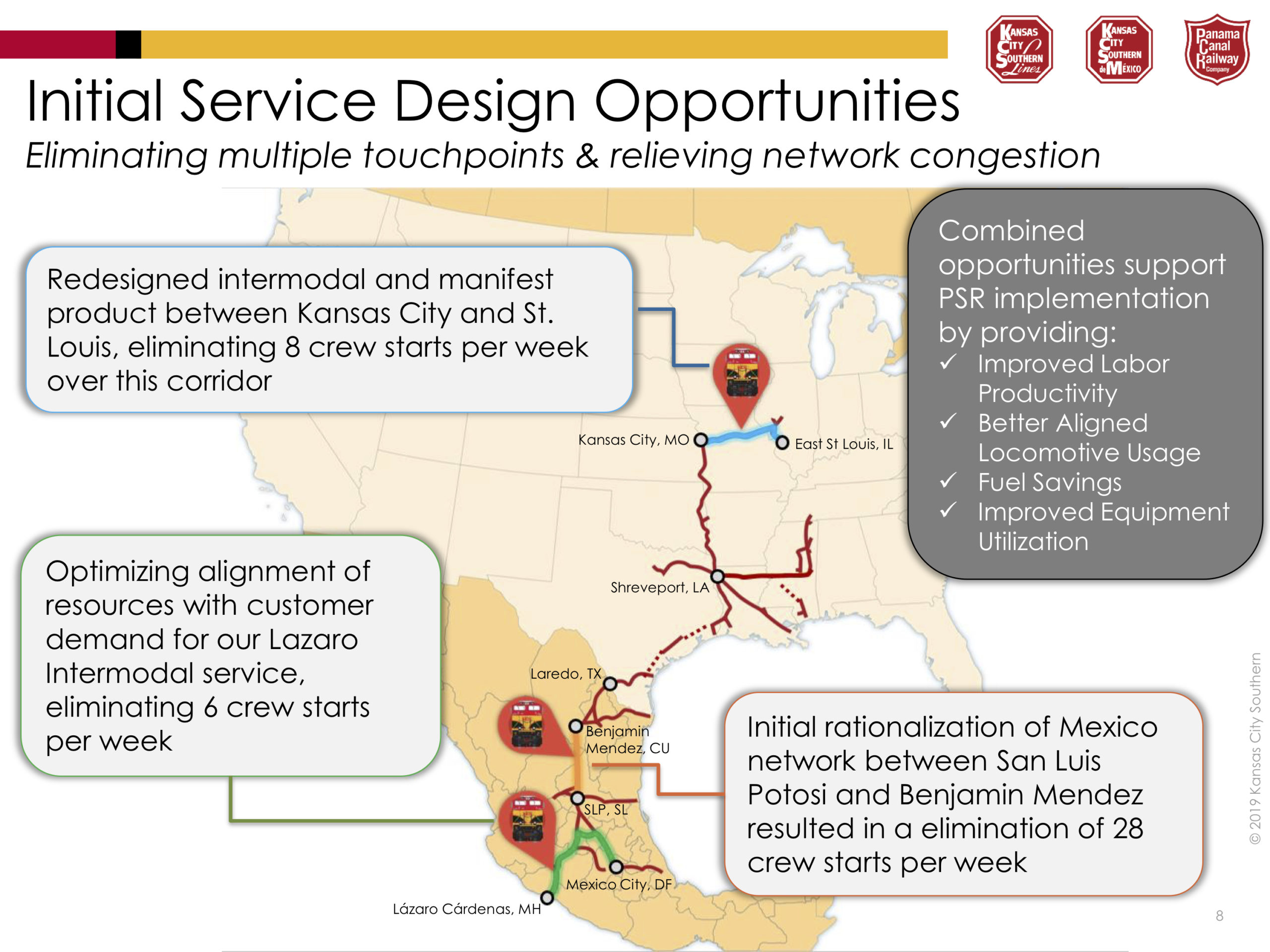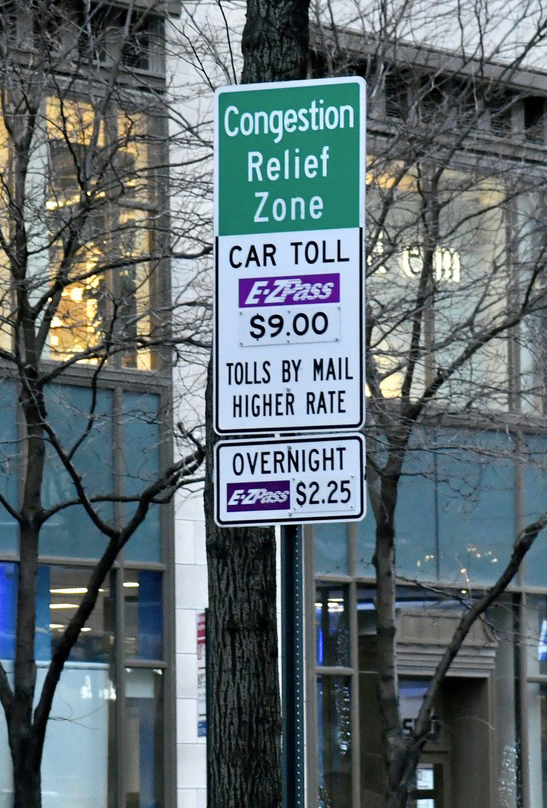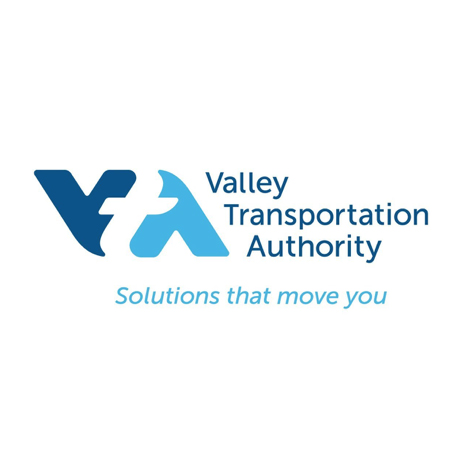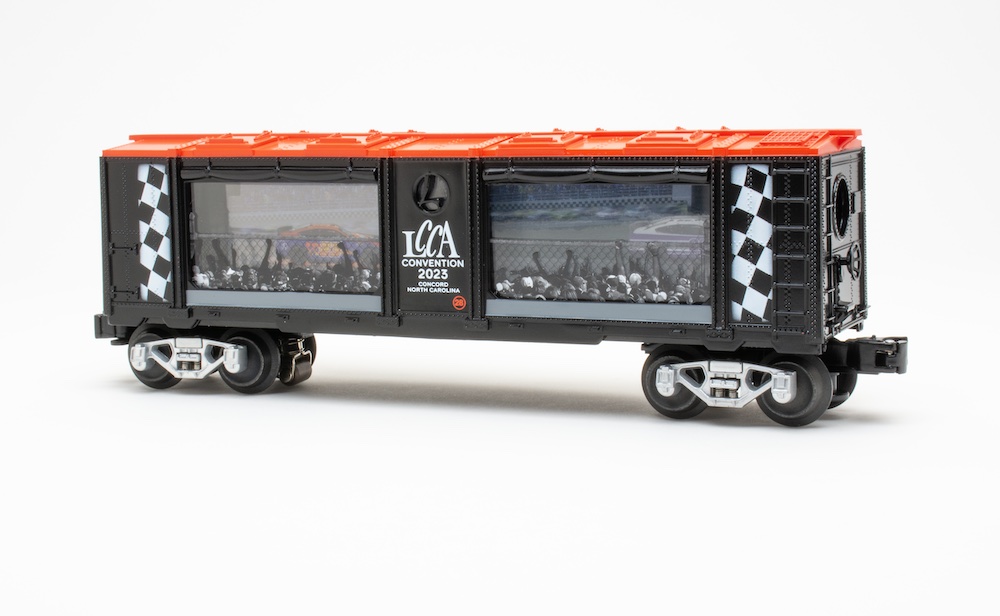“There’s nothing about the way we’re going to move forward that is inconsistent with our values and culture,” Ottensmeyer told an investor conference on Wednesday morning.
KCS will retain its vision of being the fastest-growing, best-performing, and most customer-focused transportation company, while maintaining its focus on safety, customers, communication, teamwork, initiative and innovation, and diversity and culture.
“That’s something I feel very strongly about,” Ottensmeyer says.
KCS is adopting a PSR-based operating model to improve service reliability, the resilience of its network, and to become more efficient.
“We’re leading this with a focus on service and restoring our superior growth profile,” Ottensmeyer says.
KCS hasn’t grown as quickly as it could have over the past year because of congestion issues. Fixing the congestion was one of the factors that led KCS to move toward a PSR-based operating plan, Ottensmeyer says.
“Service begets growth,” is a catchphrase at the railroad, Ottensmeyer adds.
The railroad’s initial service design changes include reducing train starts by combining traffic into longer trains. The operational changes, combined with improved cross-border terminal operations around the Laredo, Texas, gateway, have enabled KCS to store 50 locomotives and nearly 2,000 freight cars.
“You can in fact do more with less if you are running a smoother, more fluid network,” Ottensmeyer says.
On a weekly basis, KCS has reduced six crew starts in intermodal service linking the Port of Lazaro Cardenas with inland markets in Mexico; eliminated 28 crew starts per week in the busy corridor between San Luis Potosi and Benjamin Mendez in north-central Mexico; and eliminated eight crew starts by redesigning intermodal and manifest service between Kansas City and St. Louis.
KCS began tweaking its operations late last year using the principles of Precision Scheduled Railroading and has hired Sameh Fahmy, a veteran of PSR at Canadian National, as executive vice president of Precision Scheduled Railroading.
The initial focus has been on reducing car handling and making the congested Laredo gateway more fluid.
The railroad’s Mexican operations may benefit the most from PSR principles, Ottensmeyer says.
KCS expects to see the usual financial benefits from Precision Scheduled Railroading, including a lower operating ratio of between 60 and 61 percent by 2021.
Ottensmeyer was asked if KCS could post the industry’s lowest operating ratio.
“I’m not going to commit to having the best operating ratio in the industry because I think that sort of raises some philosophical questions about is that really the goal? Is that really the best metric? I think we can have the best growth profile,” he says.
Ottensmeyer spoke at the Citi 2019 Industrials Conference.














